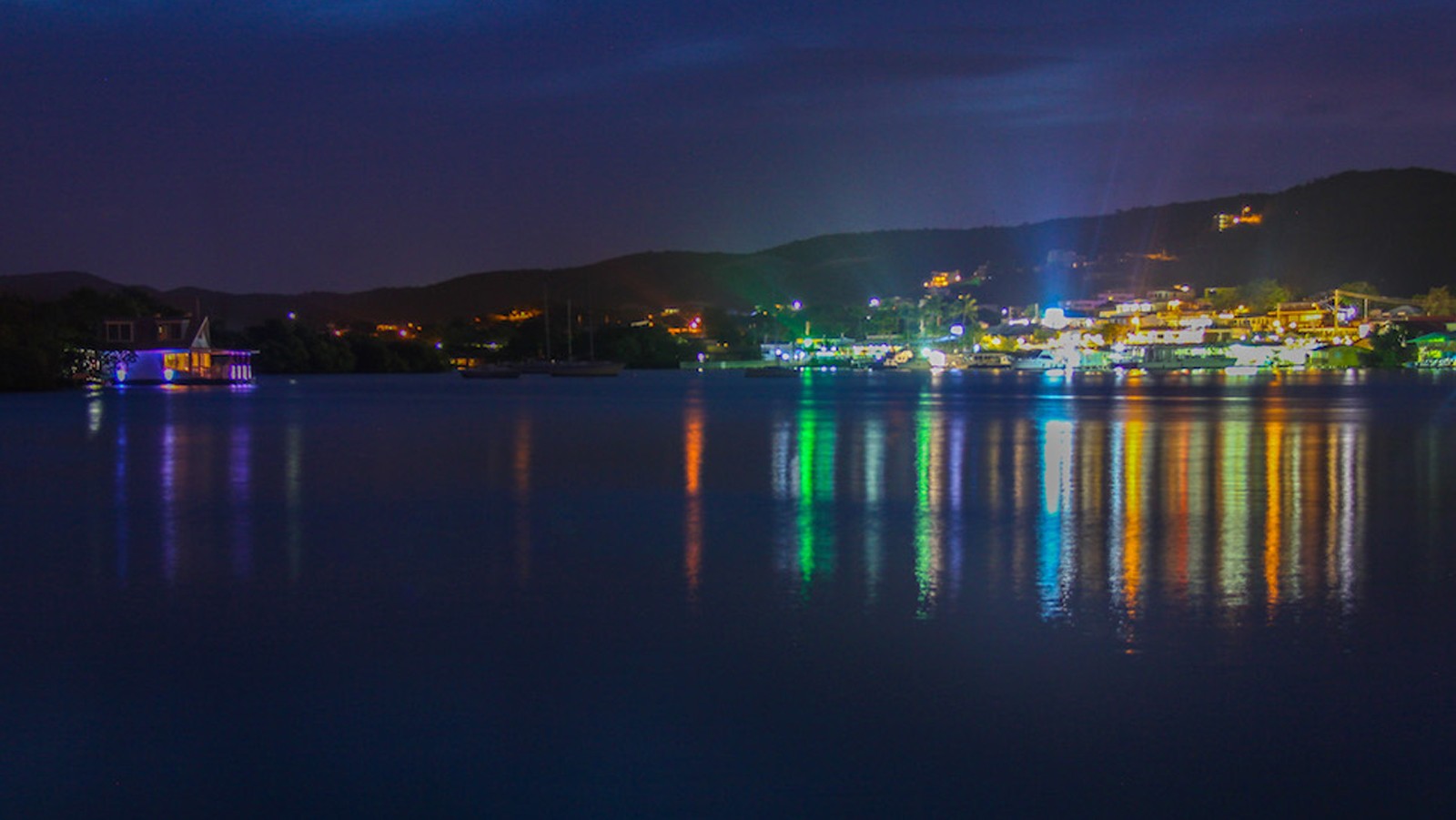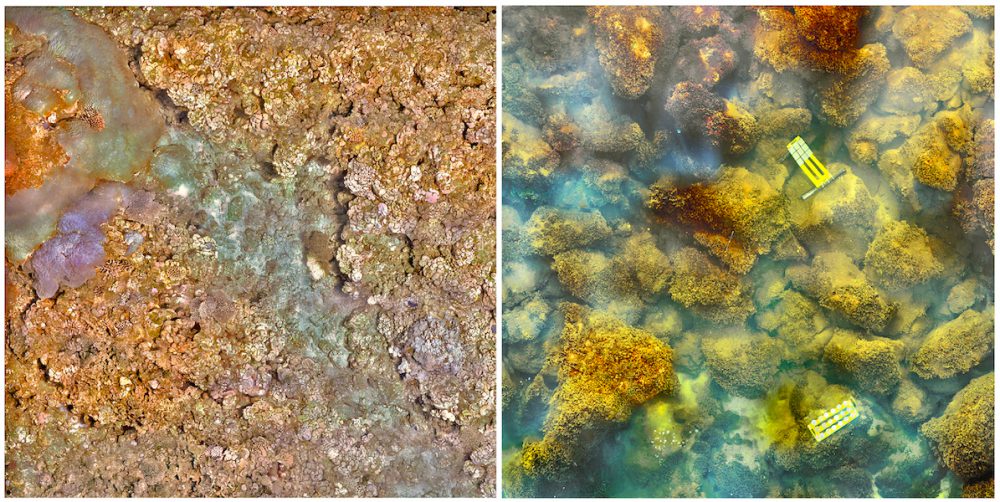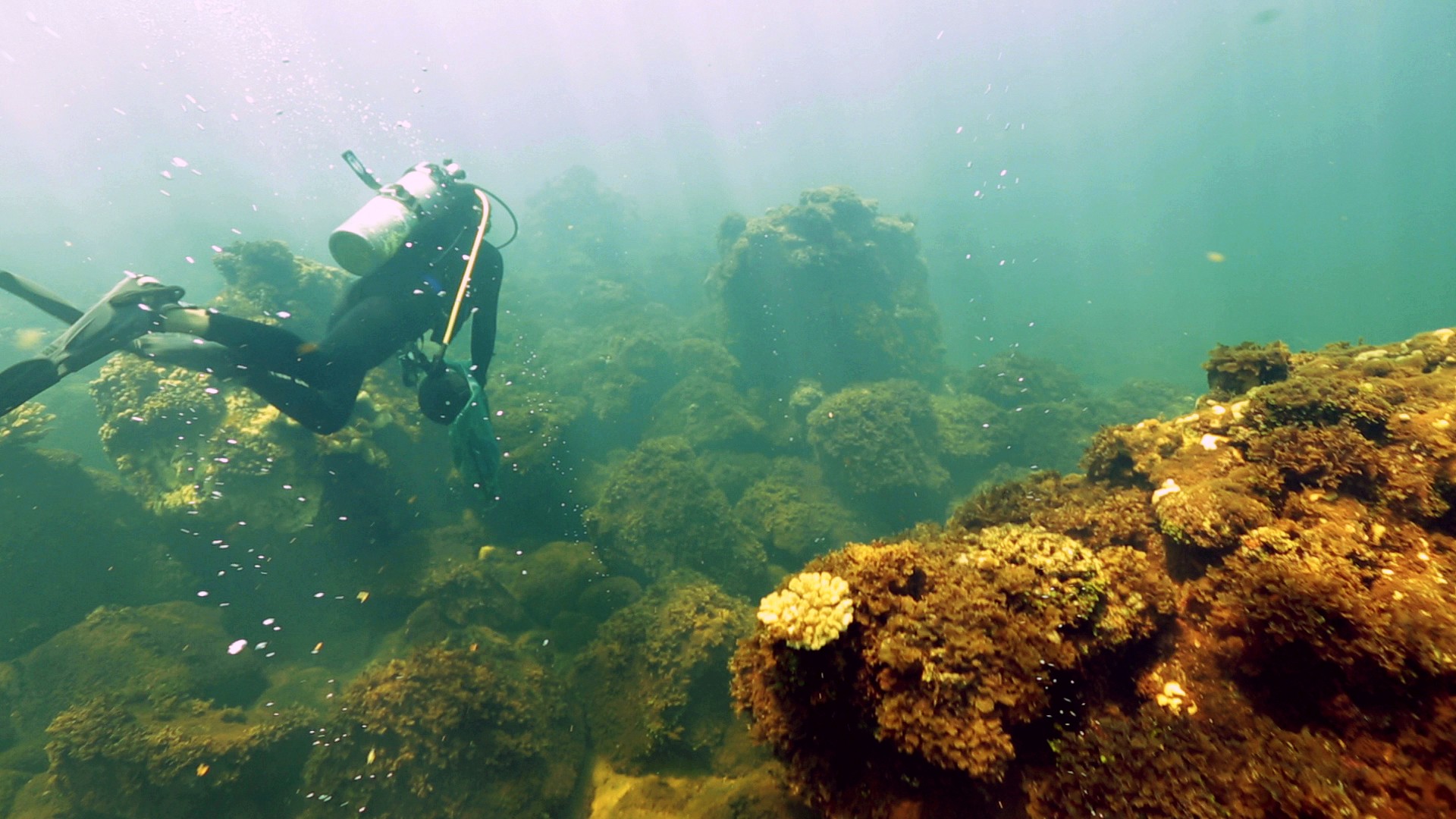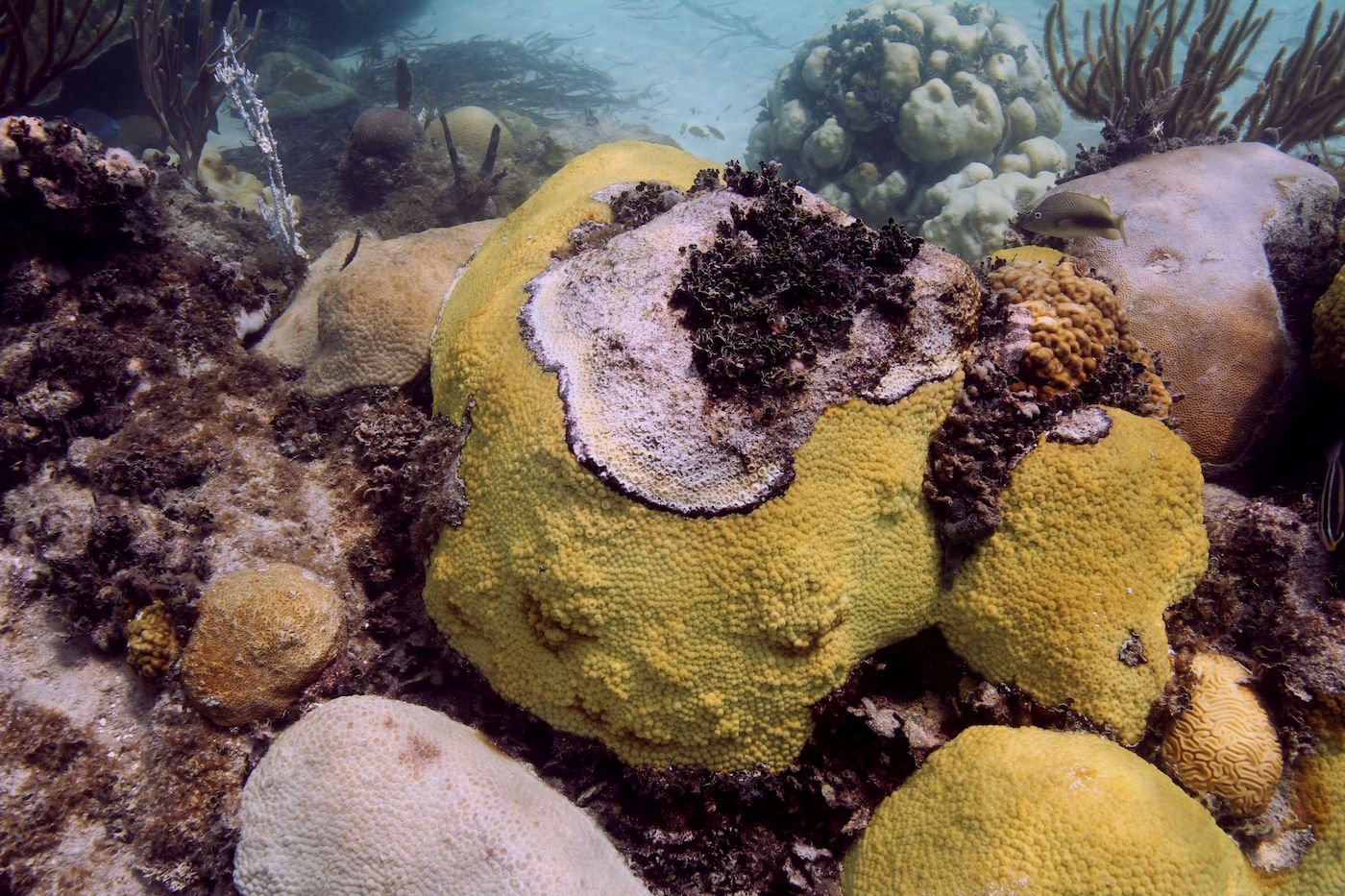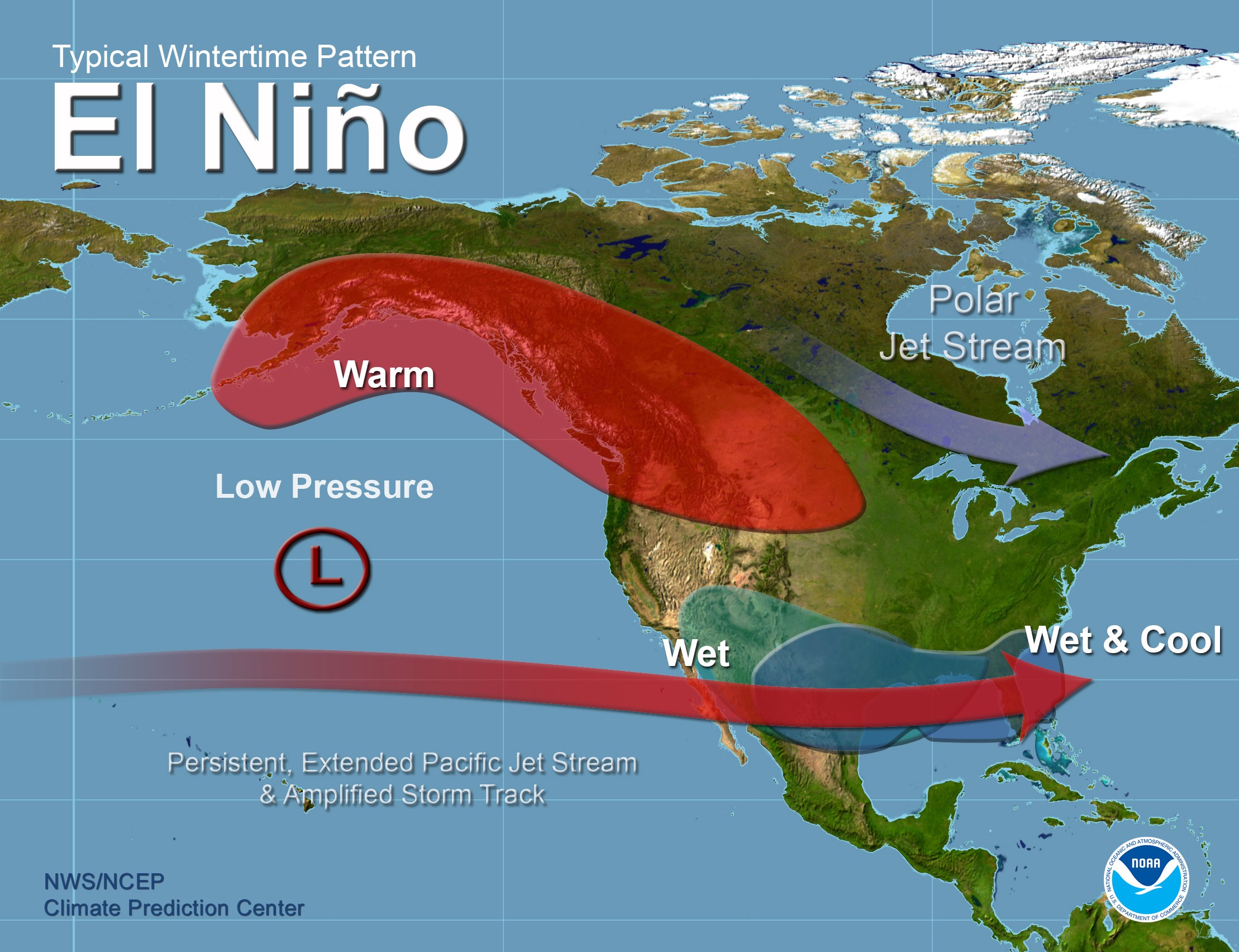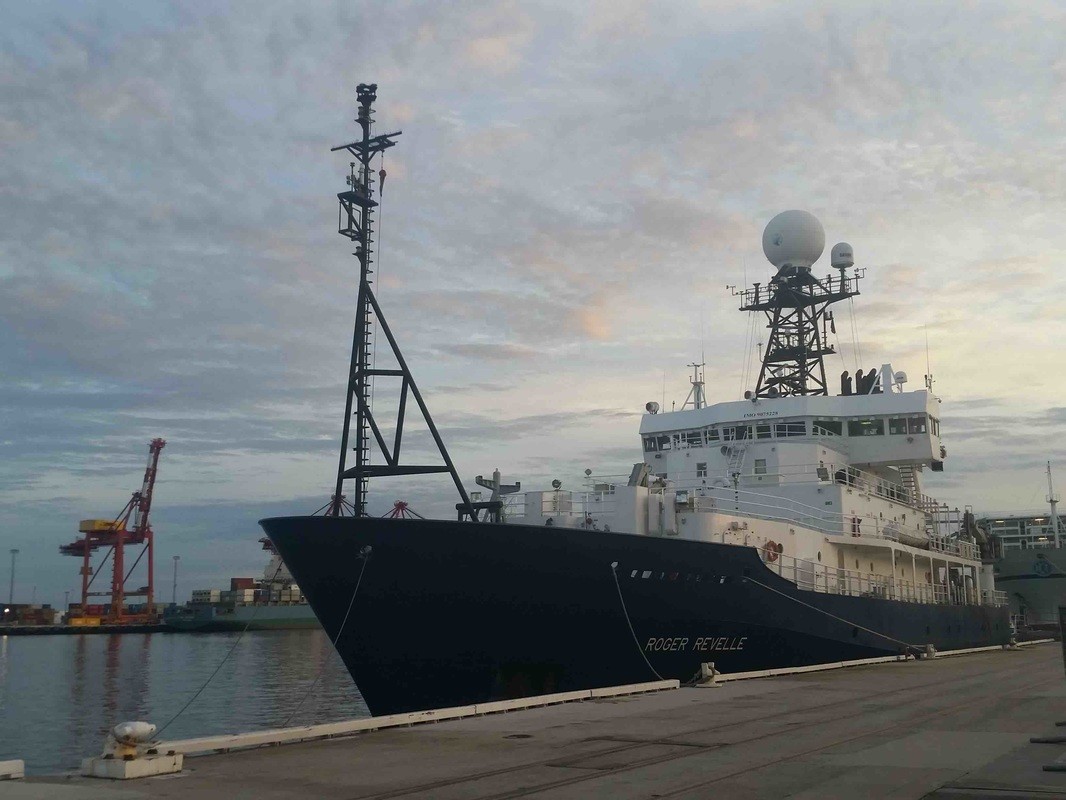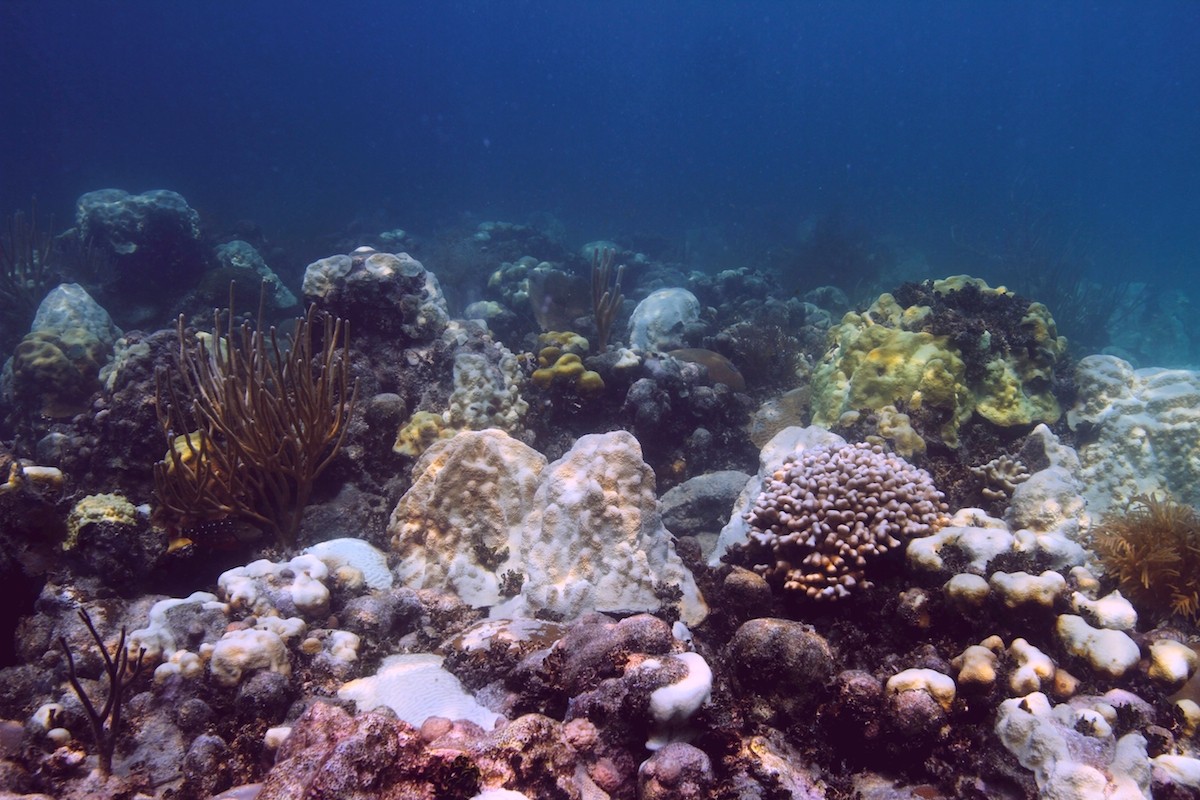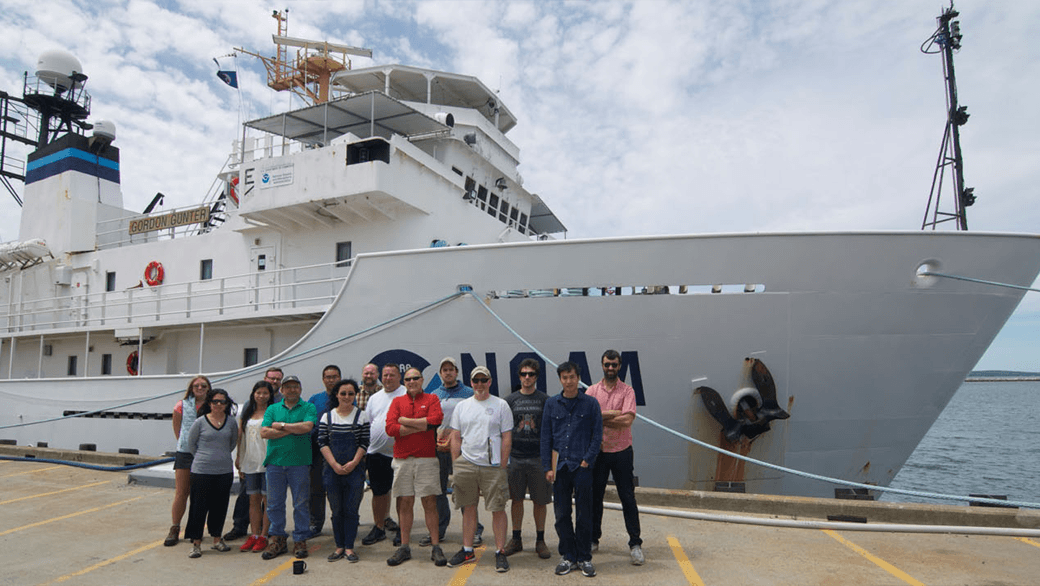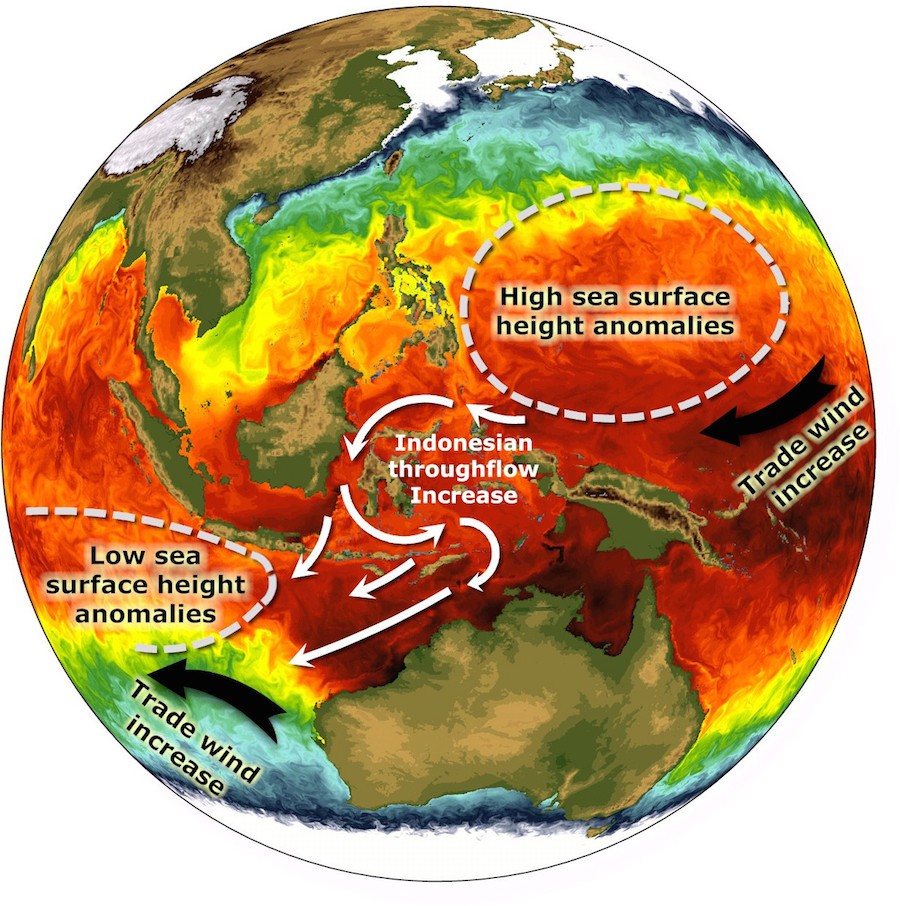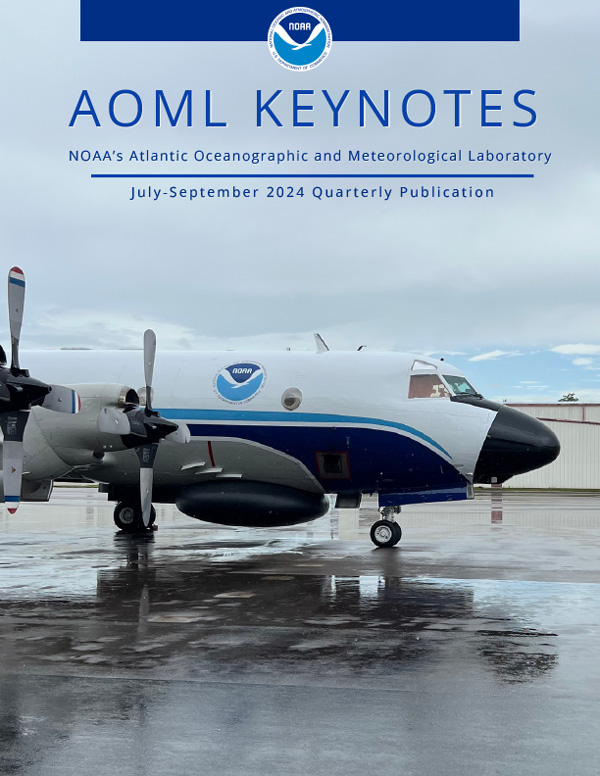Puerto Rico Underwater Glider Mission 2016
On Thursday July 21st, PHOD began its fifth underwater glider mission in the Caribbean Sea. Two underwater gliders, SG609 and SG630, were successfully deployed off of Puerto Rico. The deployment was carried out by AOML researchers on board the R/V La Sultana with the help of personnel from the University of Puerto Rico Mayaguez (UPRM). The refurbished gliders have sensors that measure temperature, salinity, oxygen, Chlorophyll-a, and turbidity. This deployment is the beginning of the 2016 Atlantic Hurricane Season deployment, with two more gliders scheduled for deployment in the tropical North Atlantic in August.
